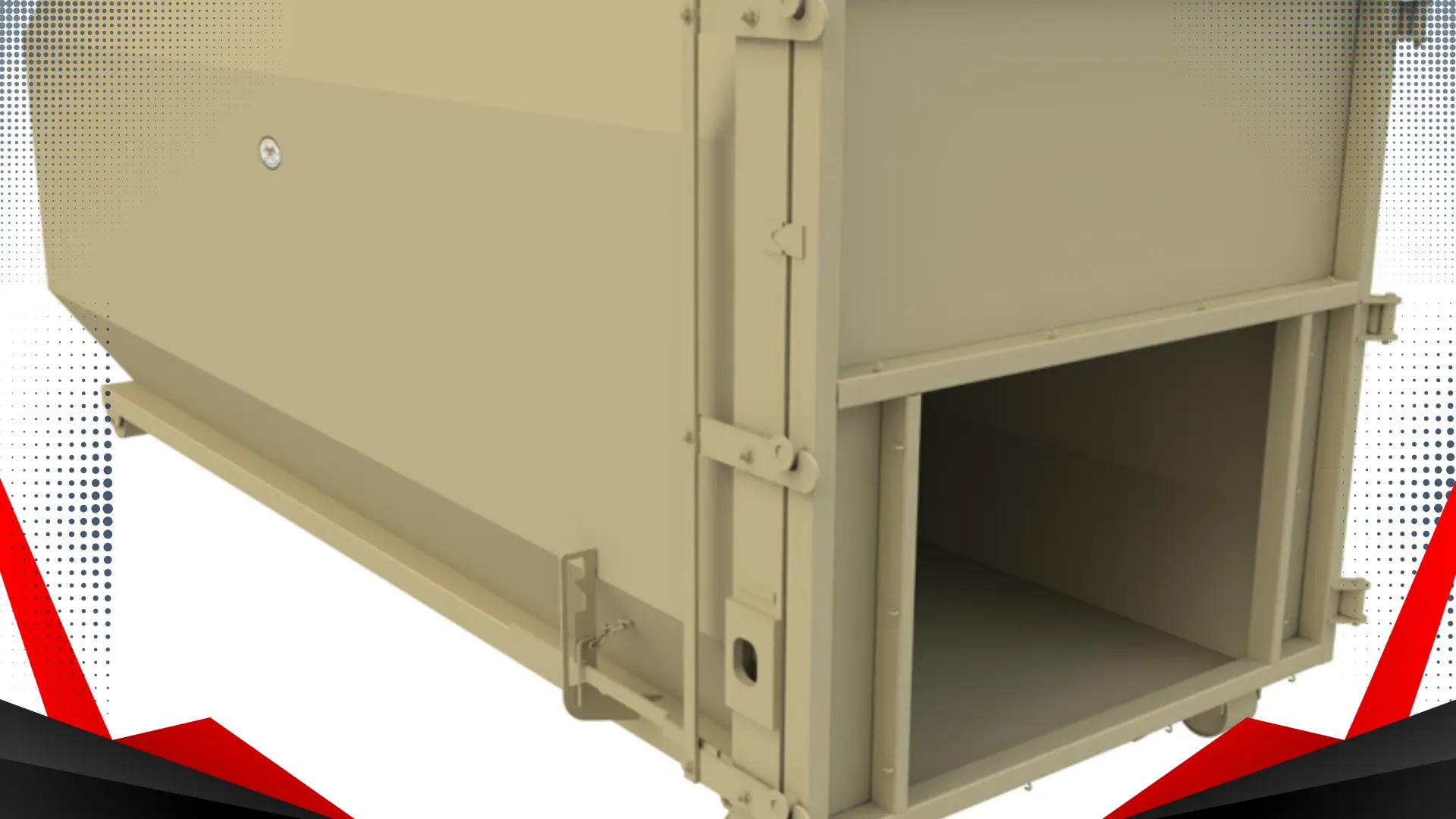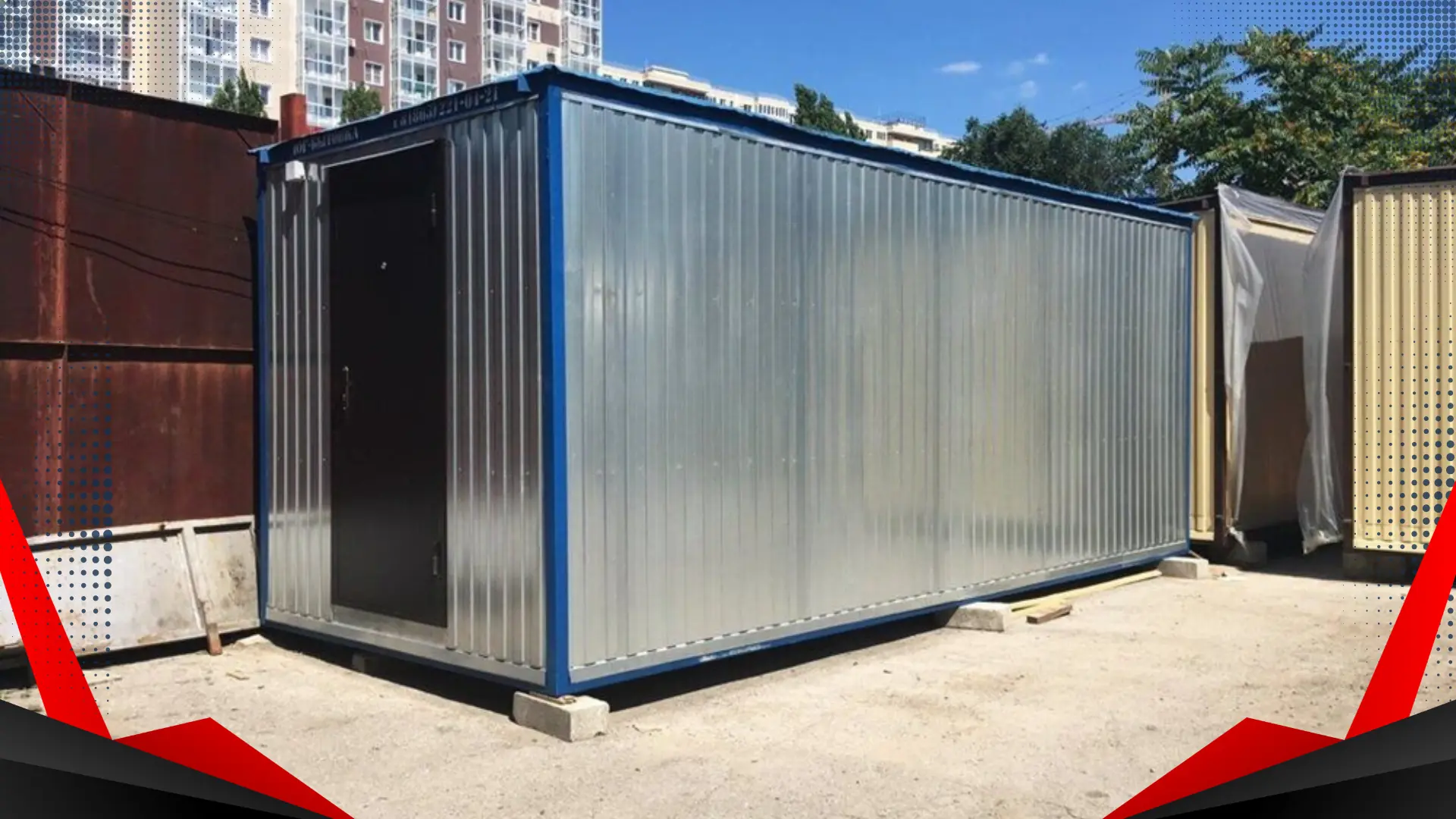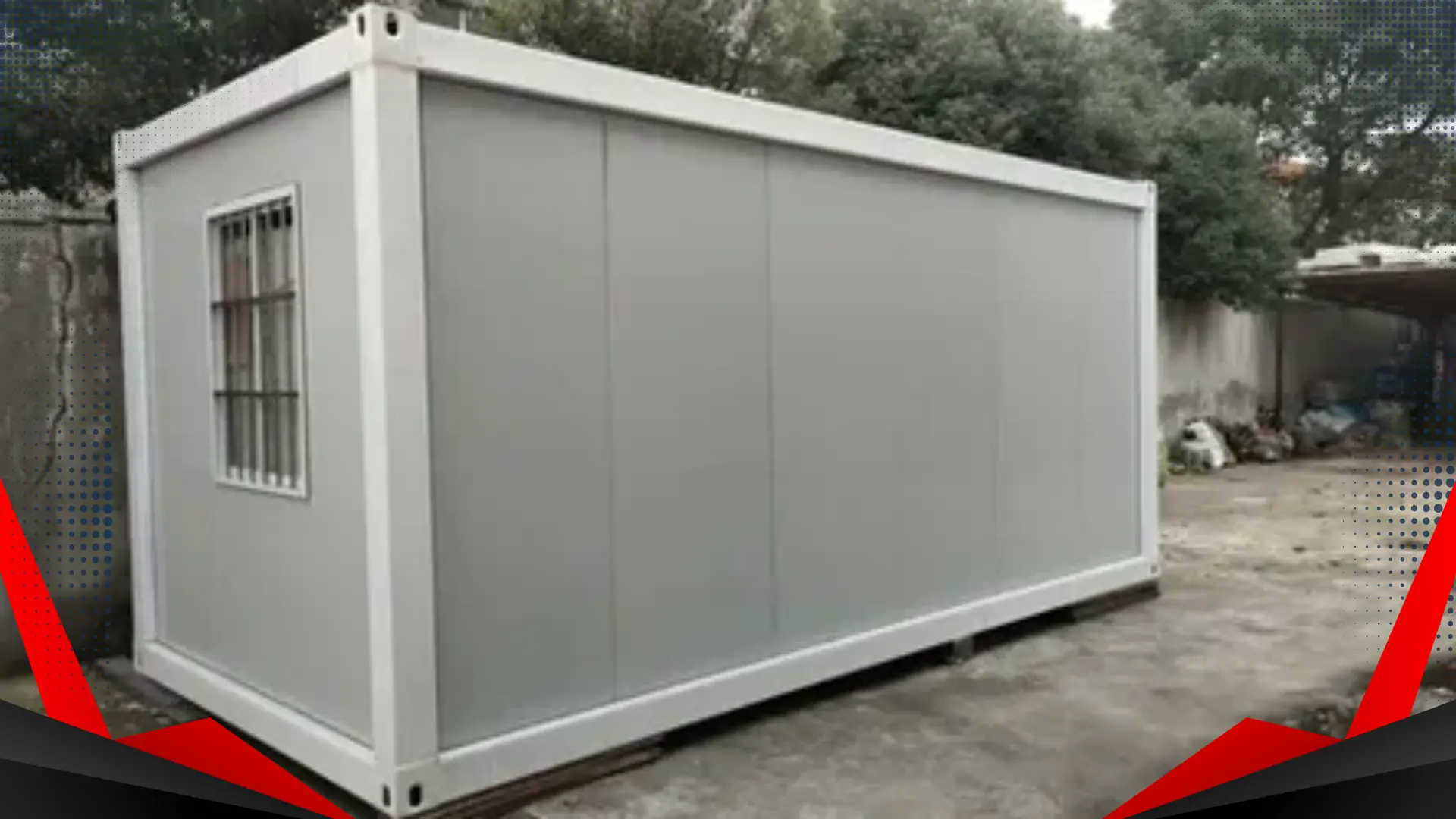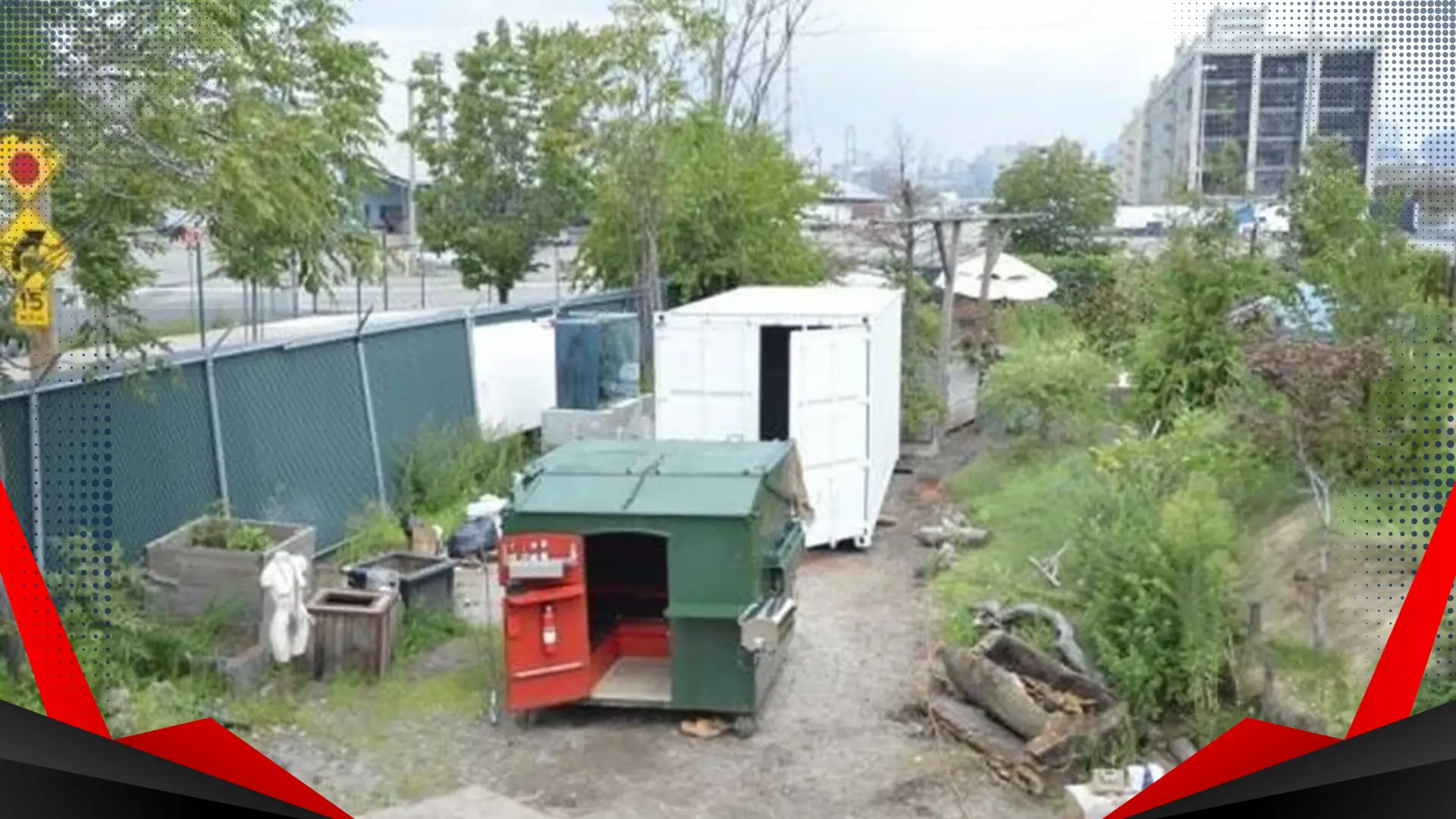When you’re planning a home renovation, cleaning out your garage, or tackling a large construction project, managing waste can become a significant concern. Fortunately, dumpster rental services offer a practical solution to help you dispose of unwanted materials efficiently. However, one of the most common questions people have is, “how much does dumpster rental cost?”
In this article, we’ll explore the factors that determine how much does dumpster rental cost, typical price ranges, and provide you with useful tips for keeping costs down. Whether you’re planning a home improvement project or simply need to clear out space, understanding the costs involved in dumpster rental will help you make an informed decision.
Factors That Determine how much does dumpster rental cost
When you inquire about how much dumpster rental costs, several factors influence the overall price. Let’s break down the main elements that can affect your pricing.
1. Dumpster Size
The size of the dumpster is one of the most significant factors in determining the cost. Dumpster rental companies offer a variety of sizes, and selecting the appropriate size for your project will directly impact the rental price.
- 10-yard dumpster: Typically used for small cleanouts like garage or attic cleanups. This size is ideal for small renovations or yard waste removal.
- 20-yard dumpster: Best for medium-sized projects such as home remodeling or large cleanouts.
- 30-yard dumpster: Suitable for major renovations or construction projects.
- 40-yard dumpster: Often used for large-scale construction projects, large estate cleanouts, or commercial jobs.
Larger dumpsters cost more because they can hold more debris. Be sure to choose the right size to avoid paying for unused space, but also ensure that your dumpster has enough capacity for your waste.
2. Rental Duration
The rental period also affects how much dumpster rental costs. Most dumpster rental companies offer a standard rental period of 7 to 14 days, with additional fees if you exceed this period. If you’re unsure of how long you’ll need the dumpster, it’s always a good idea to estimate your project timeline carefully and choose a rental period that fits your needs.
Some companies allow you to extend the rental period for an additional cost. On the other hand, if you only need the dumpster for a short time, some rental services offer one-day rentals or weekend specials, which might cost less than a standard long-term rental.
3. Type of Waste
The type of waste you are disposing of can also impact your rental price. For example:
- General waste: Standard household junk, construction debris, and yard waste are typically the most cost-effective to dispose of.
- Hazardous materials: Items such as paint, chemicals, and batteries often require special handling and disposal, which can increase costs.
- Heavy materials: Concrete, dirt, or asphalt are heavy and may require a specialized dumpster. These materials often come with extra charges due to their weight.
Be sure to discuss the type of waste you’ll be disposing of with the dumpster rental service to ensure you’re quoted the correct price and avoid any surprises.
4. Location
The location of the project can significantly affect how much does dumpster rental cost. Renting a dumpster in urban areas with higher demand may cost more than in suburban or rural locations. Delivery fees can also vary based on your location. Additionally, certain areas may have stricter regulations regarding waste disposal, which can impact the price.
For example, if you live in a high-demand metropolitan area like Washington, D.C., the cost of renting a dumpster might be higher than in smaller towns or rural locations like those near Silver Spring, MD.
5. Additional Fees
Many companies charge additional fees for services such as:
- Overweight charges: If the dumpster exceeds the weight limit, you may incur extra fees.
- Prohibited items: Some materials, like hazardous waste, electronics, or tires, may not be allowed in the dumpster, resulting in extra disposal charges.
- Delivery and pickup charges: Depending on your location, the cost to deliver and pick up the dumpster can add to the rental price.
Be sure to ask your rental service about any additional fees upfront so you’re not caught off guard later.
How much does dumpster rental cost on Average?
While dumpster rental prices can vary greatly based on location, project type, and other factors, here are some general price ranges to give you an idea of how much does dumpster rental cost:
- 10-yard dumpster: $200–$350 for a 7 to 10-day rental.
- 20-yard dumpster: $300–$500 for a 7 to 10-day rental.
- 30-yard dumpster: $400–$600 for a 7 to 10-day rental.
- 40-yard dumpster: $500–$800 for a 7 to 10-day rental.
These prices typically include delivery, pickup, and standard disposal fees. However, be aware that additional charges for weight, extra rental days, or special waste can increase the overall cost.
How Can You Save on Dumpster Rental Costs?
If you’re concerned about the costs associated with dumpster rental, here are a few tips to help you save money:
1. Choose the Right Size Dumpster
Avoid renting a dumpster that’s too large or too small for your project. Renting a smaller dumpster than necessary could require you to rent a second one, while a larger dumpster means paying for unused space. If you’re unsure, consult with the rental company to determine the right size for your needs.
2. Be Mindful of Waste Type
Stick to disposing of acceptable materials to avoid paying extra fees for prohibited items. If you’re disposing of construction waste or yard debris, make sure you’re aware of any restrictions and avoid hazardous materials that may increase your cost.
3. Keep Your Rental Period Short
If you can complete your project within a shorter period, this will help minimize costs. Avoid keeping the dumpster for too long, and communicate with your rental service to extend the rental only when necessary.
4. Compare Quotes
To get the best deal, it’s important to compare quotes from multiple dumpster rental services. Pricing can vary significantly between companies, so by shopping around, you can ensure that you’re getting the most competitive price for the services you need.
What Are the Common Dumpster Sizes and Their Costs?
Here is a breakdown of the most common dumpster sizes and the costs typically associated with them:
- 10-yard dumpster: Ideal for small home cleanouts, attic or basement cleanups. The cost typically ranges from $200 to $350.
- 20-yard dumpster: Perfect for medium-sized projects, such as kitchen or bathroom remodels, or larger cleanouts. The cost generally ranges from $300 to $500.
- 30-yard dumpster: Suitable for larger renovation projects, roofing jobs, or heavy construction waste. The cost typically ranges from $400 to $600.
- 40-yard dumpster: Best for major commercial projects or large-scale demolitions. The cost generally ranges from $500 to $800.
These are estimates and can vary depending on factors such as your location, rental duration, and waste type.
Conclusion
In conclusion, how much does dumpster rental cost can depend on several factors, including the dumpster size, rental duration, the type of waste, location, and any additional fees. By understanding these factors, you can better plan your budget and make the best choice for your project. If you’re looking for an affordable and reliable dumpster rental service, visit Dumpster Rentals Aurora for all your waste disposal needs.
FAQs
1. How much does dumpster rental cost?
The cost of renting a dumpster typically ranges from $200 to $800, depending on the size and other factors.
2. How do I determine the right size dumpster?
The right size dumpster depends on the scope of your project. A 10-yard dumpster is suitable for small cleanouts, while a 40-yard dumpster is ideal for large construction projects.
3. Can I rent a dumpster for just one day?
Yes, many companies offer short-term rentals for one day, but the cost may be higher than a standard 7-10 day rental.
4. What can I put in a dumpster?
Most dumpster rental services accept household waste, construction debris, and yard waste. However, hazardous materials like chemicals, batteries, and electronics are typically prohibited. Always check with your rental service before disposing of certain items.




